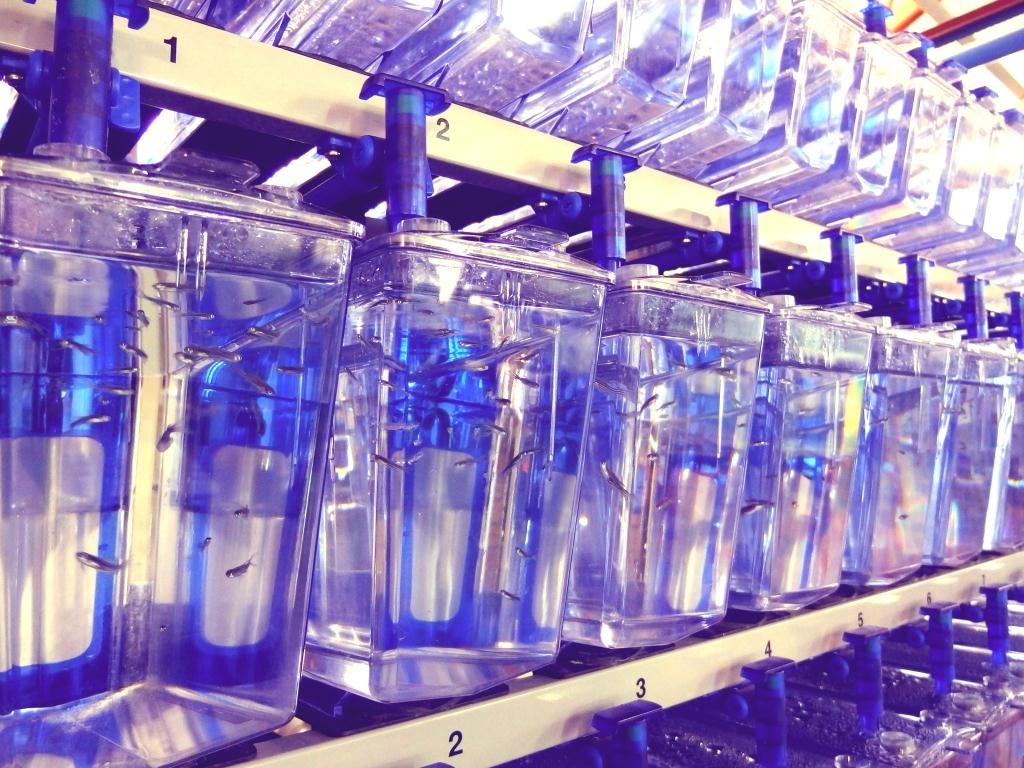
Ecotoxicology is a scientific discipline which studies the effects of stressors on biological organisms. It integrates toxicology and ecology, predicting the effects of stressors across all levels of biological organisation from molecular level to whole communities and ecosystems. The current techniques, services, and organisms shown below are used in routine testing within the Water Research Group. The Water Research Group (Ecotoxicology) also specializes in the ecotoxicology of nanomaterials forming one of the three nodes of the Nano-Health, Safety and Environment (Nano-HSE) Risk Research Platform. Different toxicological endpoints are used to determine the hazard of nanomaterials when released into the environment. The National Aquatic Bioassay Facility (NABF) forms part of the NWU Water Research Group and is regarded as the second largest Zebrafish bioassay facility in the southern hemisphere.
Current techniques and services:
-
Ecological Risk Assessments
-
Acute toxicity tests (cell lines, bacteria, algae, daphnia, fish etc.)
-
Reporter gene assays
-
MDA
-
MVLN
-
H4IIE Ah-R (dioxins)
-
-
Steroidogenesis assay
-
H295R (steroid metabolism)
-
-
Cell viability/ Cytotoxicity (MMT and Xcelligence)
-
Chronic toxicity tests (various end points)
-
Fish Health surveys
-
Biomarker analysis (e.g. oxidative stress, oxygen consumption, cellular energy allocation, etc.)
-
Bioaccumulation studies (metal and organic substances)
-
Whole effluent Toxicity (including DEEEP)
-
Imaging techniques (TEM/SEM/CytoViva)
-
Toxicogenomics
-
Inductively coupled plasma mass spectrometry (water and sediment)
-
Swimming performance (Loligo)
-
Behaviour (Noldus and DanioVision)
-
Nanoecotoxicology

Last updated: February 2025
Comments on the content and accessibility, please contact: Anja Erasmus

